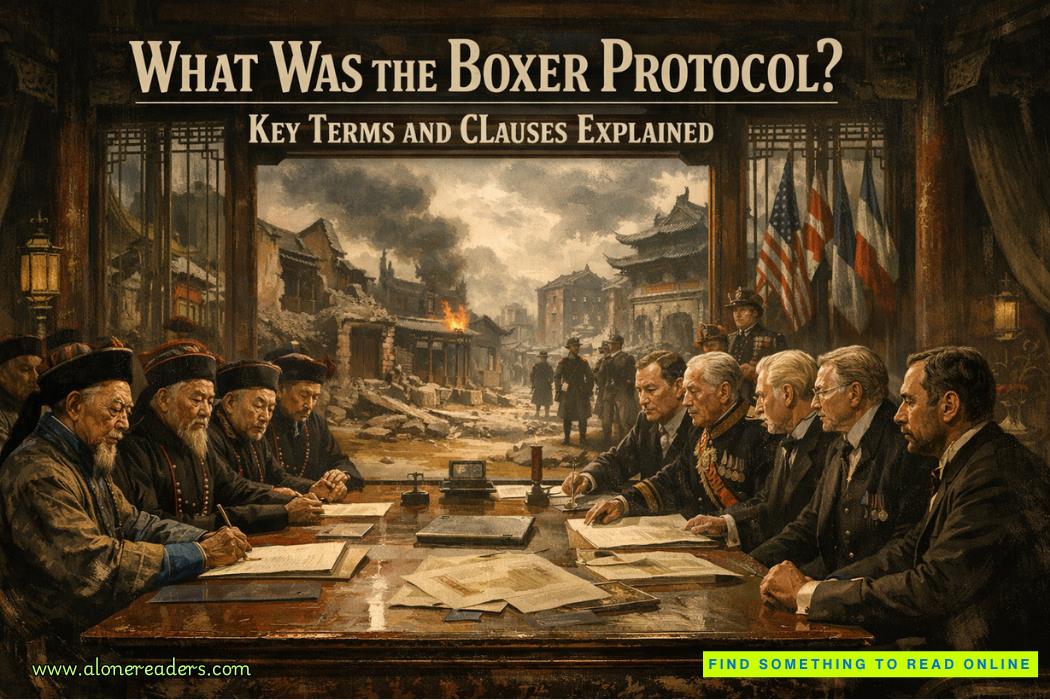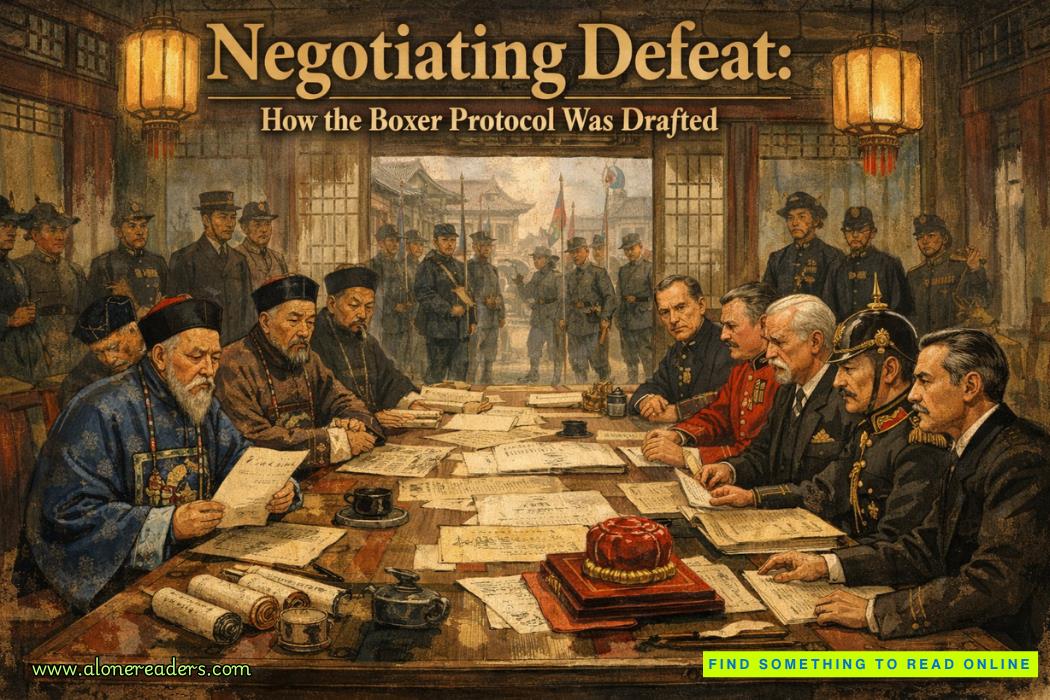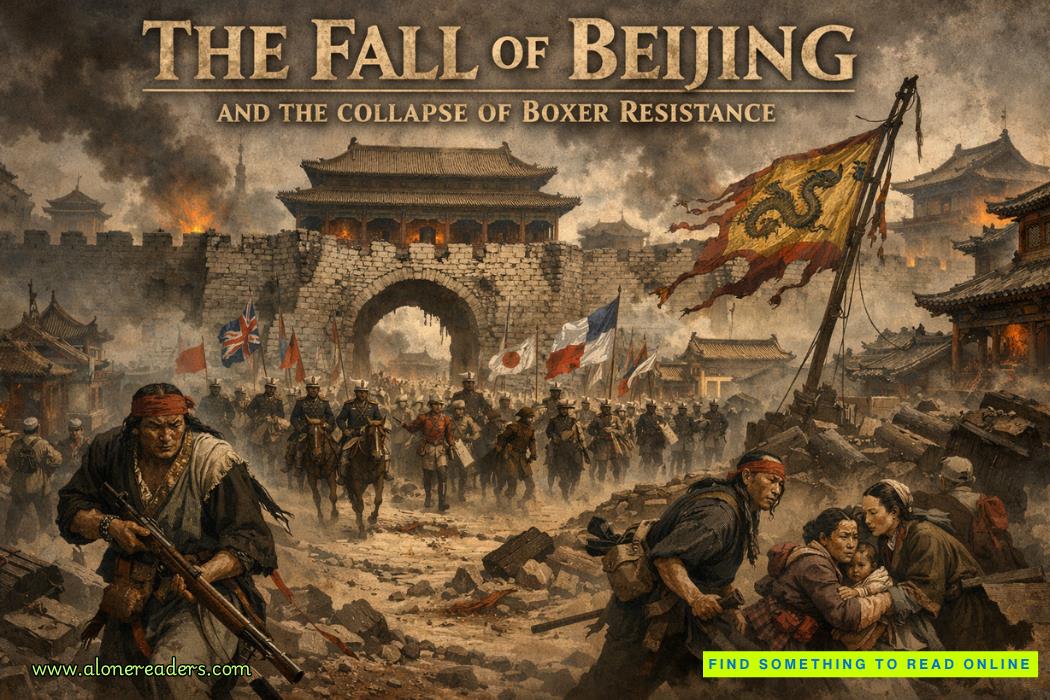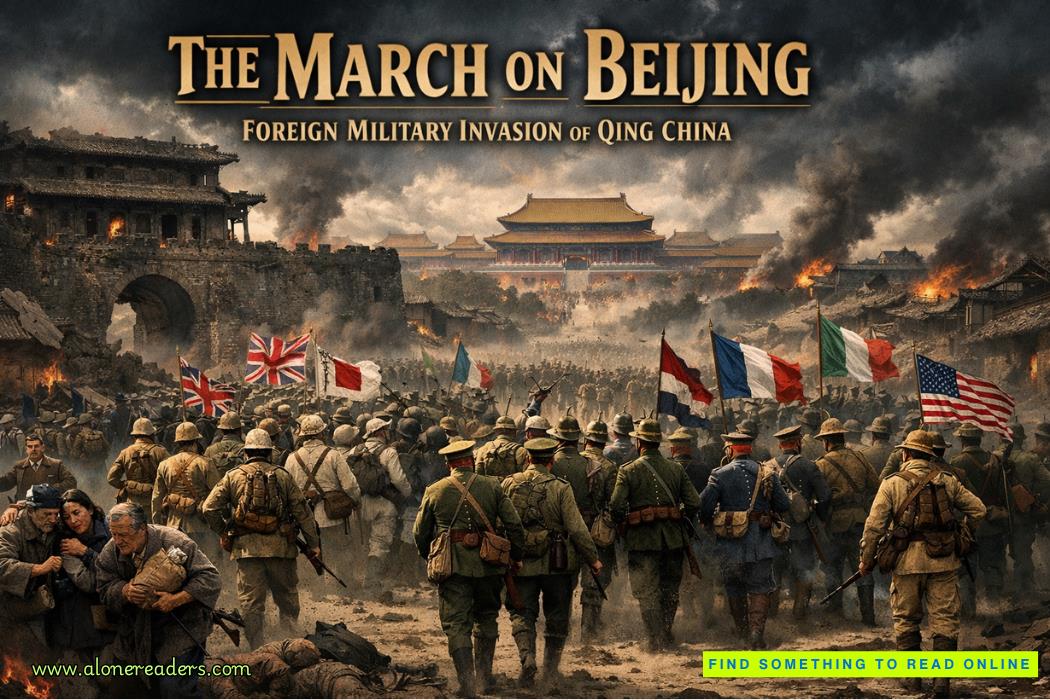“Yeah.” Jack nodded. He looked straight ahead now. The wounded side of his face was no longer in full view. “It’s ‘Thunder Road,’” Jack said.
“Damn right.” Tom laughed.
They both started to sing the final verse of the lyrics.
Jack still had not reopened the magazine. One palm rested on the cover, five large fingers spread open like a fan. “You can sit here if you want.”
“Thanks,” Tom answered. “It’s been a long morning.” He sat down and stretched out his bum leg and massaged it.
“You here for that leg?”
Tom’s face grew warm. He always felt a wave of shame come over him whenever people thought his bad leg was from the war. “No … bad motorcycle accident. I shattered it in eight places.”
Jack’s eyes softened, and he reopened his magazine.
“Lucky you.” He said it like he meant it.
For the next few months, whenever Tom went to see his dad and if the weather was cooperative, he’d walk into the garden and see if Jack was there. He wasn’t always, but more often than not, Tom would find him there reading on the bench, just as he had seen him the first time, hunched over a magazine or a worn paperback, his army jacket covering his tall frame.
Sometimes Tom would comment on who was on the cover of the magazine; other times he found he had nothing to say except to remark a bit on the day’s temperature. But regardless, soon a familiarity emerged between them.
It struck Tom how the wounds of war could be so different between men. His father’s was internal. You would never know about his hauntings from what he had seen in Germany—unless you were his wife who slept next to him for forty years and heard his cries at night, or his son who now visited him and heard him lost in those memories, far more often than he wanted.
It would be five months before Tom eventually learned Jack’s story, when one morning Jack folded back the paperback novel he was reading and looked Tom straight in the face. Tom no longer recoiled when he saw the damaged skin or the sealed-shut eye. He saw a man finally able to unburden himself. Perhaps even more powerfully, he saw trust.
CHAPTER 14Allentown, Pennsylvania, 1969
ONJANUARY5,SIX MONTHS BEFORE HIS TWENTY-FIRST BIRTHDAY, Jack got his papers confirming that his draft number had been called. He had hoped after he had made it past his eighteenth birthday that he’d escape being shipped off to Vietnam, but then the draft laws were changed, allowing men up to the age of twenty-one to be sent over, and now even married men were no longer exempt. Jack had never considered himself particularly lucky, so part of him almost expected that the army would call him up only a few months before he turned twenty-one. It wasn’t Murphy’s law, he liked to jest. It was “Jack’s law.” If something unlucky were to happen, it happened to Jack so often that it had become an inside joke with his buddies.
The envelope was waiting for him on the kitchen table. His mother sat across from it with a cup of black coffee in her hand. It looked like she had been having a conversation with it for hours.
He had been working at Auggie’s Auto since he graduated high school, and the extra income helped with the house payments. At the end of the month, he’d take the remaining cash and store it away. He was hoping to someday have enough money to buy a new Stratocaster guitar and get a place of his own.
When he entered the kitchen, he knew without either of them exchanging a single word what was in that letter.
“Aw, Ma …”
She lifted the paper. Her eyes were glassy. Her face was white.
She started to say something, but the words caught in her throat.
He stepped toward her. Trying to act like a man, he pushed his shoulders back and reached for the letter, pulling it out of the envelope and reading it over quickly.
“Looks like my number got called.” He let out a nervous laugh because he didn’t know how else to fill the air.
Days later, he packed his duffel bag with only what he thought he needed. The underwear and shirts. The white socks. The dark brown shoes. The money he had earned from Auggie’s remained stored in a peanut butter jar.
He brought the jar over when he came in to say goodbye to his mother. “This is for you,” he told her. “Looks like I won’t be getting that new Strat anytime soon, Ma.”
“You’re going to come back.” Her voice broke. “You’re going to get yourself that damn guitar.”
He thought about his dad, who didn’t come back from work one evening sixteen years before. Never even came back to pack a suitcase. He only had a vague memory of his father. The work boots that sounded heavy on the floorboards when he came in late at night. The face that was never clean-shaven. His cologne, the smell of Budweiser.
He had left him and his mother when Jack was only five. Now Jack was the one leaving his mother, and it gutted him.
“I love you, Jack,” she told him. He knew she meant it. She was the kind of woman who saved her words, believing it easier to speak plainly.
Jack leaned over her armchair to kiss her goodbye. Her breath smelled like coffee and cigarettes. “Promise me you’ll come home.” She reached for his hand and grabbed it tightly in her fist.















